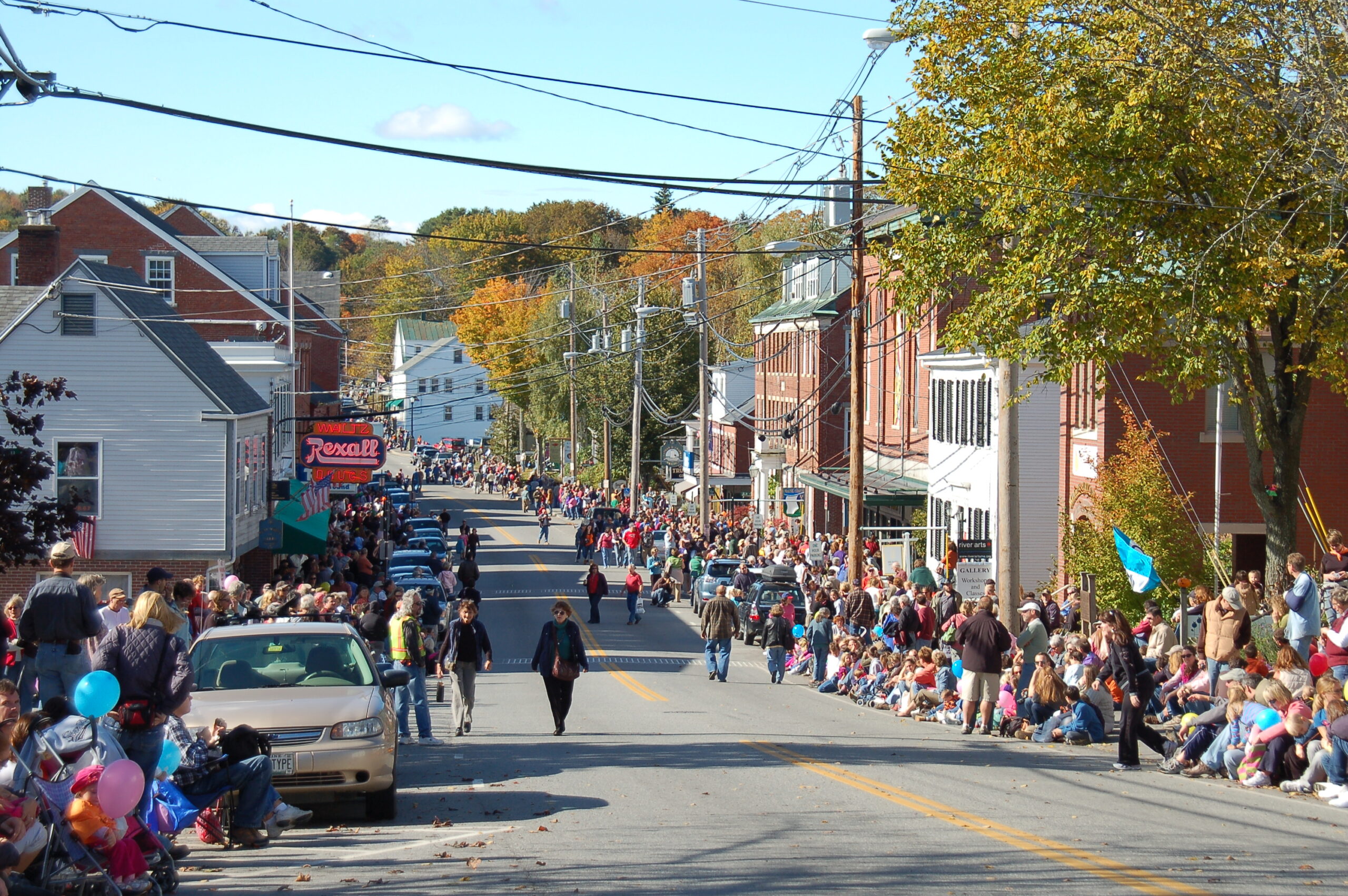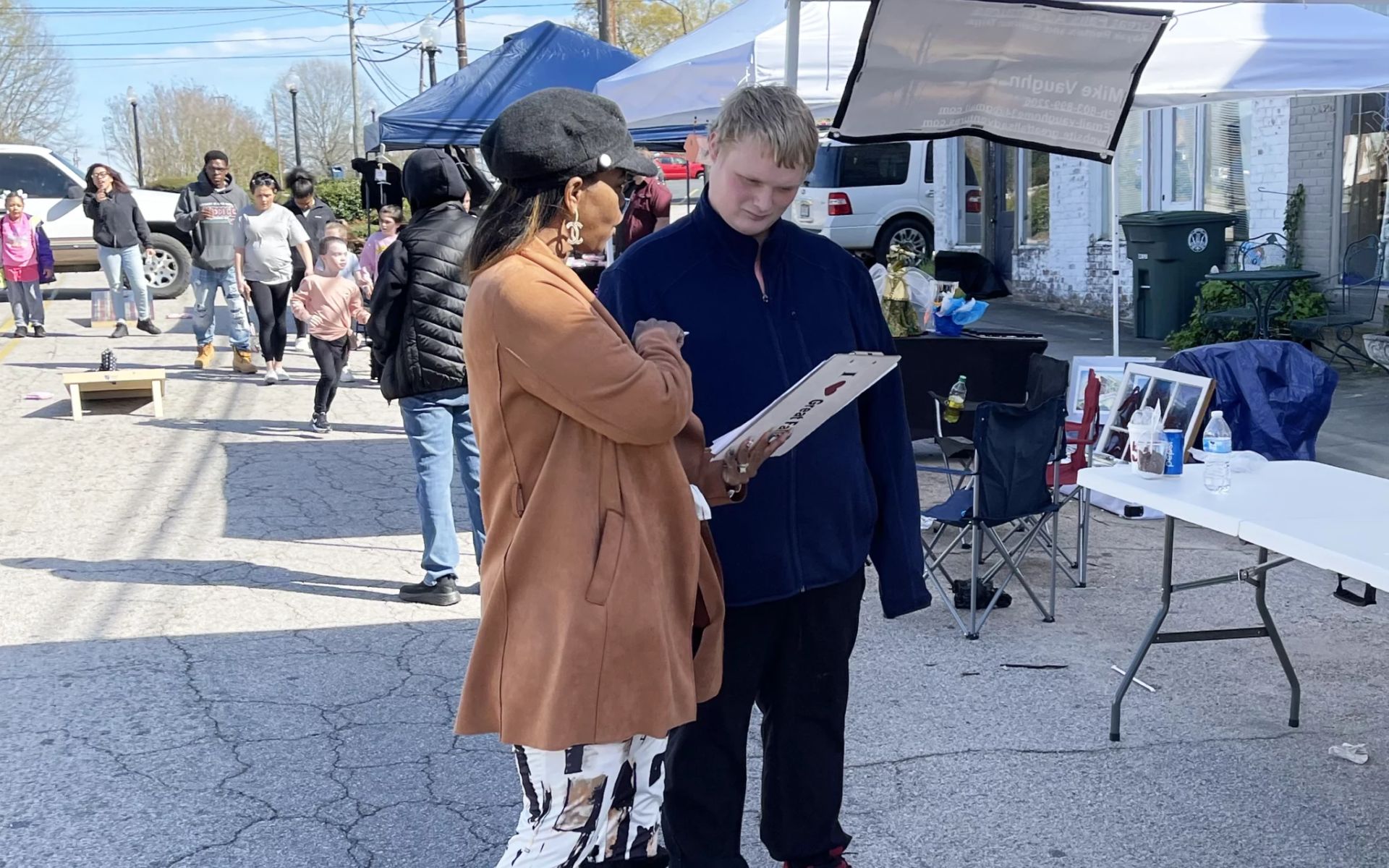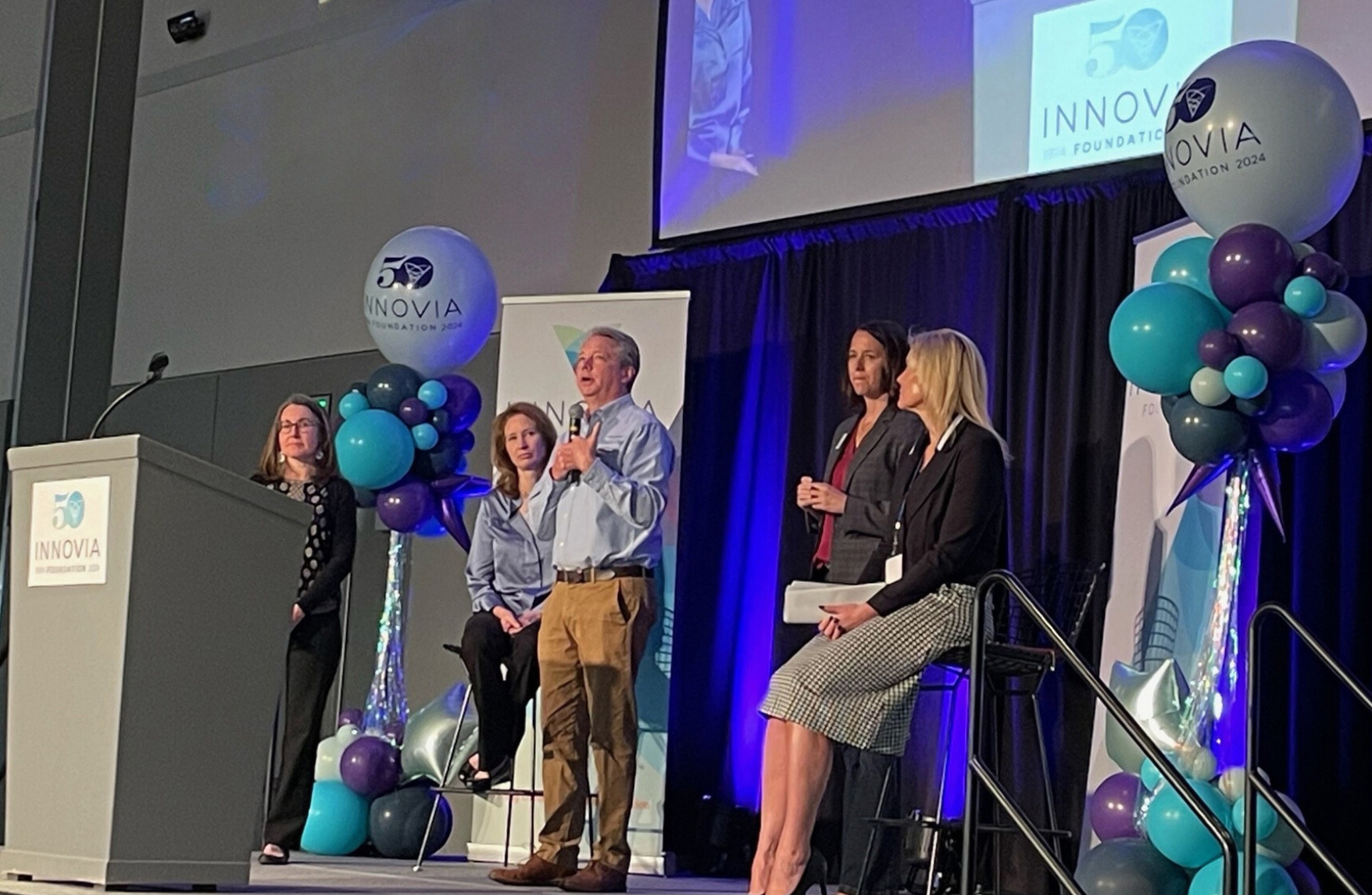Why Small Towns are Buzzing About Rural Creative Placemaking
Over 300 people from 38 states gathered in Iowa last month under the banner of the first Next Generation Rural Creative Placemaking Summit. What generated all that excitement? And what does it mean for your town?
First, let’s tackle placemaking. It’s a bit of a buzzword itself. Placemaking means local people working together to make the public spaces in their town better, with a focus on building a stronger community. Public spaces are all the places we share, like downtown, parks, squares, sidewalks, streets, and more. These all belong to us. They are the places where community building actually happens. It’s really about our shared quality of life.
Now that we have placemaking, what is creative placemaking? It’s still about local people working together on public spaces to build community. What’s different is the focus on using our creative skills, our arts, crafts, music, and everything creative, to improve our quality of life.
Why rural? That is the most exciting part, to me. We are seeing an entire movement emerge that’s focused on small towns and rural places and how the arts help make rural places better.
What does rural creative placemaking look like?
Here are some examples that came up at the summit:
- Camille Ferguson with American Indian Alaska Native Tourism Association highlighted how the National Park Service cooperated with Native American tribes around the Grand Canyon to turn an old, tacky, gift shop into a vibrant display and demonstration space for Native artists.
- Nikiko Masumoto with Masumoto Family Farm in California, talked about how their family farm went from thinking of themselves just as producers of fruits and vegetables, to thinking of the farm as a meeting place. Instead of thinking only about the end product for people to eat, they have begun to consider the experiences that people can have at their farm, how the fields and orchards look and feel, and how that affects visitors.
- In Iowa, a community theater held a professional wrestling event in their main room and a poetry reading in their bar area, on the same night each week. The two crowds avoided each other until the third week, when a few wrestlers ventured over and admitted they also write poetry. By the fourth month, they were connecting, and after that, they had to coordinate times so people could go to both the wrestling and the poetry reading. Now they always try to schedule two crowds they used to think of as opposite on the same night, Zach Mannheimer with Iowa Business Growth said.
- Zuni, New Mexico, is transforming from a town with no formal economy and no public spaces to share, into a place where everyone can come and informal businesses can get a start and grow from pop-ups to mobile street vendor carts, Ted Jojola of the Indigenous Design + Planning Institute explained. It’s an example of the seventh generation principle they like to use at Zuni Pueblo and many other Native communities, considering the point of view of your great-grandparents, your grandparents, your parents, you, your children, your grandchildren and your great-grandchildren.
Finding Allies, Involving Everyone
While I was at the summit, I was struck by how similar the conversations with artists and creatives were to conversations I have had with chambers of commerce, economic developers and all kinds of civic-minded local businesses. I wanted to bring the creative types together with the business types to see if we could bring the conversations together and take action with more people locally.
So I created a checklist of local organizations to help you find other groups in your rural place who might want to talk with you about creative placemaking and better quality of life. There’s also a short video with a little explanation. Find them both here: http://saveyour.town/rcp/
What creative placemaking ideas do you have for your community? Can you envision any unlikely alliances like poets and wrestlers?
Resources:
About the author: Becky McCray started Small Biz Survival in 2006 to share rural business and community building stories and ideas with other small town business people. She and her husband own a retail liquor store in Alva, Oklahoma, and a small cattle ranch nearby. Becky is an international speaker on small business.




